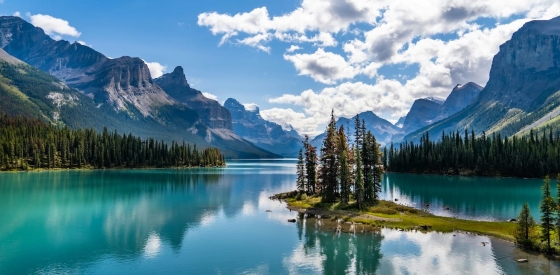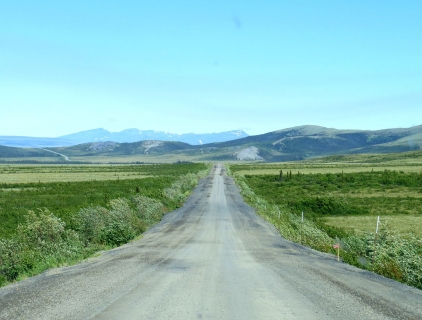Blue Mountains Climate by Month
The temperature in Blue Mountains can vary greatly throughout the year.
The temperatures shift from warm
to very cold.
It also has a relatively rain/snowy climate with high levels of precipitation.
Now, let’s break down all the climate details for a clearer picture.
Average day and night temperature
Depending on the time of the year, temperatures range from comfortable to very cold in Blue Mountains. On average, daytime temperatures range from a comfortable 24°C in July to a very cold -2°C in February. Nighttime temperatures can drop, with averages reaching -10°C in February.
The mean minimum and maximum temperatures throughout the year
Precipitation and rainy days
Blue Mountains has a relatively rain/snowy climate with high precipitation levels, averaging 1116 mm of rain/snowfall annually. The wettest period in Blue Mountains occurs in November, which receives around 109 mm of precipitation. During the driest month, March, Blue Mountains experiences moderate snow/rainfall, totaling approximately 72 mm. The consistent precipitation levels throughout the year contribute to a relatively stable climate.The mean monthly precipitation over the year, including rain, hail and snow
The best time of year to visit Blue Mountains in Canada
During the months of June, July, August and September you are most likely to experience good weather with pleasant average temperatures that fall between 20°C and 26°C.Other facts from our historical weather data:
The coldest season / winter is in the following months: January, February, March and December.
July has an average maximum temperature of 24°C and is the warmest month of the year.
The coldest month is February with an average maximum temperature of -2°C.
November tops the wettest month list with 109 mm of rainfall.
March is the driest month with 72 mm of precipitation.
No idea where to travel to this year? We have a tool that recommends destinations based on your ideal conditions. Find out where to go with our weather planner.




